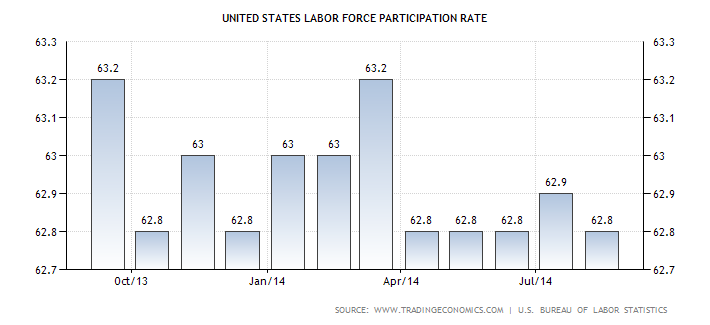By: Chris Warren.
About 8:00 this morning a crew of five guys with two trucks and a wood chipper showed up at the building I work in and began cutting down several dead trees that had rotted to the point that they had become serious safety hazards. After a few near-misses with falling branches and over two years of nagging management to do something, I felt like I finally won a small but long-fought victory. My employer’s primary concern is the bottom line and since the only occupants of the building are myself and the 10,000 or so square feet of electronic communications equipment that I maintain, my repeated complaints were not taken seriously until the trees became a legal liability.
I want to think my situation was a one-off, a slip through the crack, a bureaucratic oversight…whatever you want to call it. I’ve been in the workforce long enough to know that not only was is it not a mistake, it’s not even unique to my industry. Consciously blowing off small stuff until it becomes big stuff is common practice at pretty much every big company.
I have a close friend who owns a successful small business. It’s not a franchise, it’s not an established operation that he took over, and he did not get started via some millionaire investor gushing over him with fat checks. He is an average everyday person of modest means who built the business from an empty storefront by himself with his own money. Nothing gets past this guy. He is there every single day and knows what happens within those walls down to the tiniest detail. If the building needs repair, or supplies are running low, or a customer has a complaint about their experience, he makes things happen. No problem goes unresolved for very long.
The difference between my friends’ situation and mine is the length of the chain between the executives and the average workers. My employer is an international behemoth with hundreds of departments and layers of management. They are far removed from me and my problems…problems they largely created. In a way I sort of understand where they are coming from. When you are near the top of a huge worldwide corporation, you can’t get personally involved with every dead tree or missing box of supplies. That stuff is usually delegated to empowered underlings, which would be fine if the underlings actually had the authority to take action.
“Empowerment” is a nauseating buzzword that should have been retired with the fax machine, yet this zombie just…won’t…die. What irritates me so much is that the word comes standard with a heavy dose of condescension and insincerity. The person using it always sounds like the love child of a campaigning politician and a greasy-haired TV evangelist. If everyone is empowered, then why can’t anyone get anything done unless someone else signs off on it? Why does someone who is “empowered” have to beg for two years to get a tree cut down? Most of the time my boss agrees with me and would let me have my way if people above her would allow it. Telling subordinates that they are independent thinkers and can autonomously solve their own problems is one of the biggest lines of crap ever spoken by any manager.

One of the reasons my friend’s business is so successful is because the buck really does stop with him. He is the top of the pyramid. Every screw-up is solely his burden and there aren’t any credible ways he can claim he didn’t know. The smaller the pyramid is, the fewer paths there are for management to insulate themselves from what happens below them. In a big corporation, high level managers can to a degree play the ignorance card and blame disasters on subordinates or let their legal team deal with it. In that regard, executives at large companies don’t want to know too much detail about daily operations. Maintaining an element of plausible deniability has its advantages even if it does cost money and create big hassles for others.
A favorite joke in my organization is that if the place were competently managed, half of us would not be needed there. It’s one of those “be careful what you wish for” reality checks. Every cursed moment I have to take out of my day to fuss with a clumsy computer system, or hunt for tools & supplies that should have already been given to me, or deal with a dangerously rotten tree, is time I’m not dedicating to what I was hired for and genuinely enjoy doing: keeping the big-buck electronic communications equipment on line. At the same time, I know that as an hourly rate employee, all those cursed moments ultimately end up on my paycheck and extend out the deadline for legitimate tasks, thus perpetuating the need to keep me around.
Sloppy management helps create jobs where they might not otherwise exist, but there is a tipping point at which the cost of incompetence threatens the effectiveness of the entire organization. As much as we may not want to admit it, low level workers like me benefit from goofy business methods, with the caveat that the scheme works only if the stockholders don’t notice. It becomes a daily conflict where we resent the aggravation of working within a system of insanity while secretly hoping it never goes away.
To use another clichéd buzzword, the “takeaway” is that we best get used to it. There is not going to be any great enlightenment that causes management to admit the little people were right the whole time. There is not going to be any executives’ humble repentance followed by the sweeping changes we’ve all dreamed of. A sad reality of the modern workplace is that most big corporations make money by accident. The only thing I hate more than the hapless corporate decisions I have to put up with is admitting that without them, it’s very possible a lot fewer of us would be working there.












